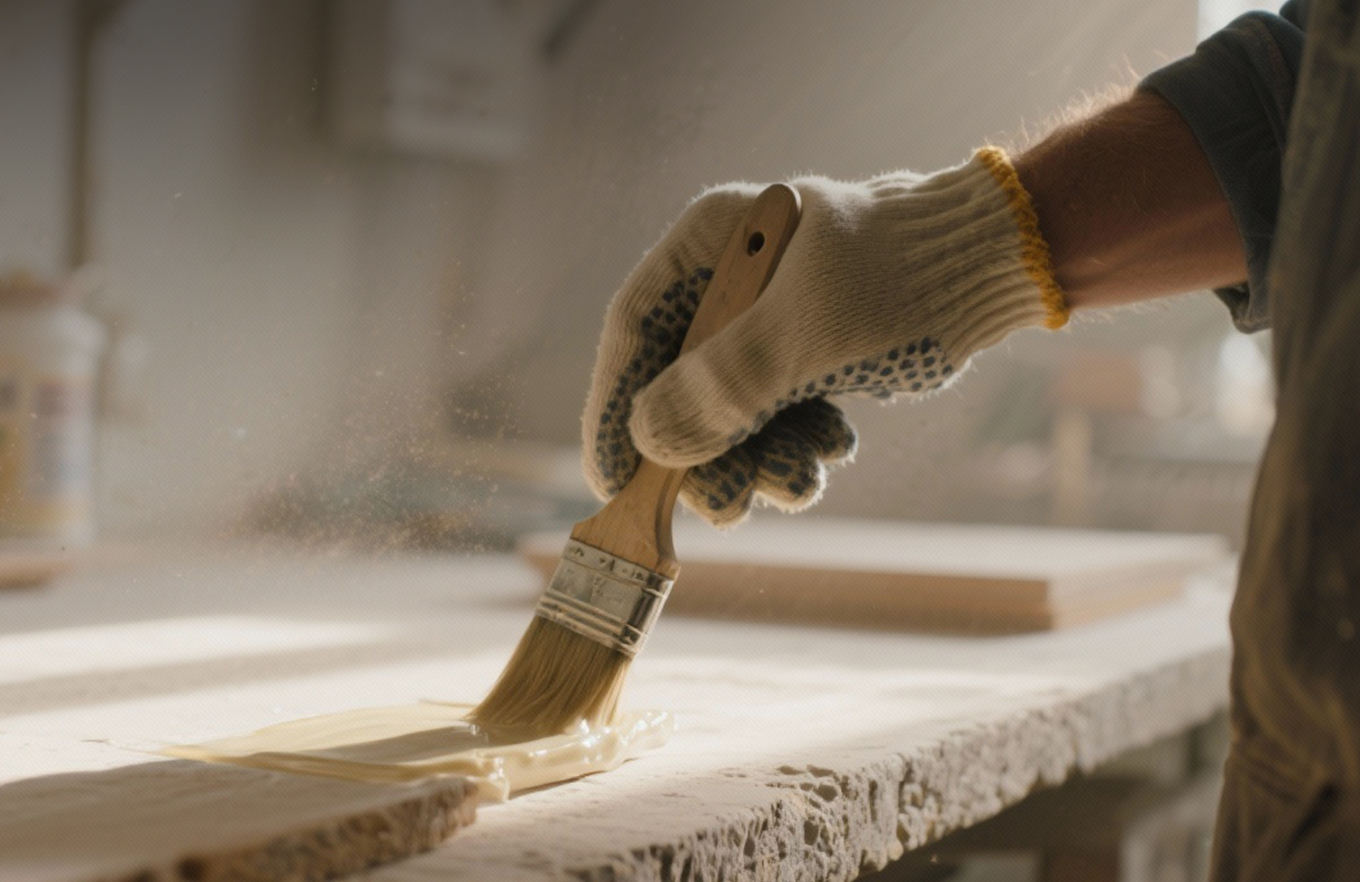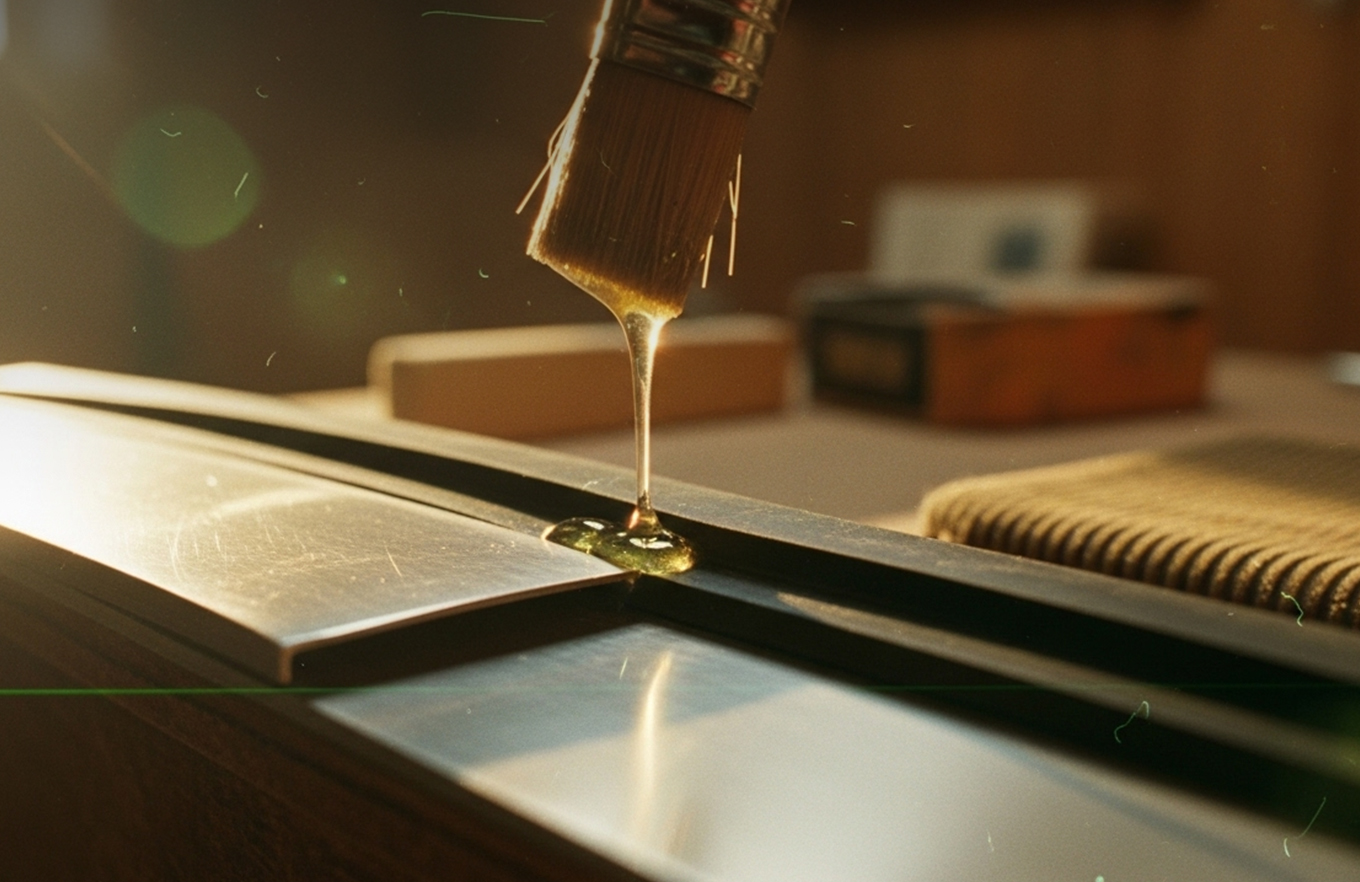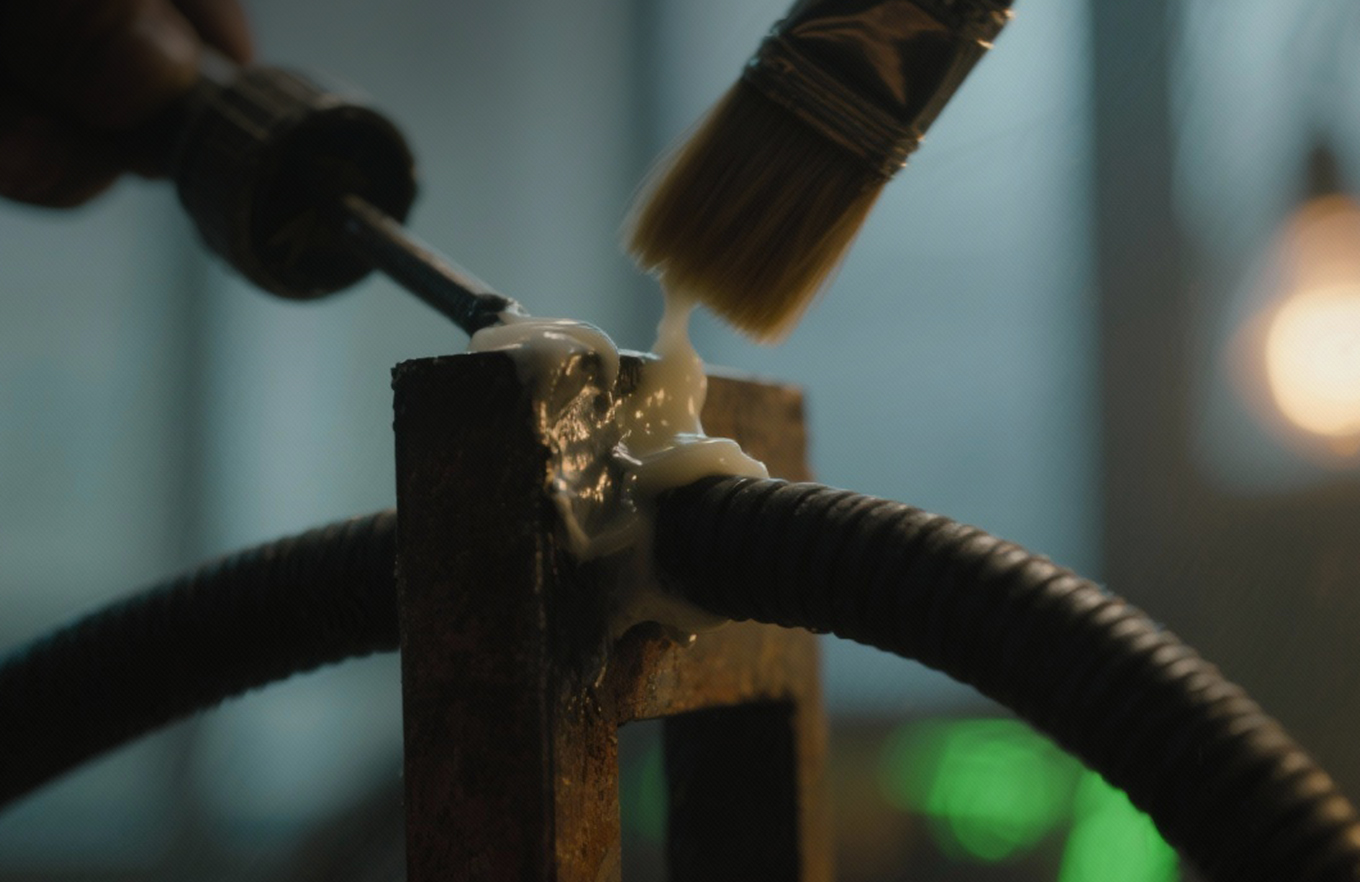
In industrial production, procurement isn’t just about buying, it’s about securing reliability, performance, and long-term value. Adhesives play a huge role in this chain, and choosing the right one can determine whether a product stands firm or fails under stress. As an experienced industrial adhesive manufacturer, Samad Adhesive has worked with numerous procurement teams and understands the precise balance between cost, quality, and application compatibility. The right adhesive partner doesn’t just supply a product; they enhance your process efficiency, improve output quality, and reduce waste.
In this guide, we’ll unpack what every buyer should know before sourcing rubber adhesive for industrial use, from technical compatibility to supplier credibility.
Procurement for industrial materials has evolved beyond mere cost comparison. Today’s sourcing professionals prioritize consistent performance, chemical safety, and environmental compliance. The first step is to look for adhesive manufacturers who understand your production process deeply.
An established industrial adhesive manufacturer such as Samad Adhesive doesn’t simply provide adhesives; they offer tailored bonding solutions. They test each formulation for specific materials, curing times, and resistance levels. When you’re dealing with rubber adhesive for industrial use, it’s essential to ensure that the formulation suits your substrates, be it rubber-to-metal, rubber-to-plastic, or rubber-to-fabric.
Your procurement decisions should reflect both immediate performance and long-term value. Think beyond price per liter, evaluate downtime costs, adhesive waste, and production speed.

One of the top procurement mistakes is neglecting compatibility testing. Rubber materials differ greatly in porosity, elasticity, and temperature resistance. The ideal rubber adhesive for industrial use should maintain its bond strength even under pressure, heat, or vibration.
Samad Adhesive recommends working closely with the manufacturer’s technical team before finalizing your purchase. A proper bond test can reveal how the adhesive performs under the exact conditions of your production line. This not only saves money but also ensures product reliability.
Procurement shouldn’t rely solely on datasheets. Laboratory test reports from your industrial adhesive manufacturer are valuable, but nothing replaces a field test. Request performance samples for in-house validation. Assess factors like viscosity, curing time, peel strength, and temperature stability.
A small investment in testing can save you thousands in rejected batches or rework. At Samad Adhesive, these tests are an integral part of every client collaboration; they ensure the adhesive you buy performs exactly as promised.
Many procurement teams still focus too narrowly on cost. But when sourcing from an industrial adhesive manufacturer, the real question should be: can they support your production at scale, consistently, and with technical guidance?
Check how long the supplier has been in business and whether they have experience in your sector. Industrial adhesives for automotive, footwear, and manufacturing applications require different compliance standards. The right industrial adhesive manufacturer maintains ISO certifications and follows international safety regulations.
A great adhesive supplier doesn’t disappear after dispatching the order. Samad Adhesive, for instance, provides ongoing technical advice to ensure customers use adhesives under optimal conditions. This kind of support reduces adhesive waste and boosts bonding success rates, something generic suppliers rarely offer.
If your supplier offers training or on-site troubleshooting, that’s a strong indication you’re dealing with a long-term partner rather than a one-time vendor.
Price always matters, but adhesive procurement should focus on the total cost of ownership. A slightly higher upfront cost can often result in greater savings later. Cheaper adhesives may require more frequent application, longer drying times, or lead to product failure, all of which raise operational costs.
Samad Adhesive emphasizes consistent batch quality and dependable supply chains. These two factors alone can save manufacturers from costly production delays. When evaluating rubber adhesive for industrial use, don’t overlook storage stability and shelf life; they can impact your procurement scheduling and cost control.
Sustainability is no longer optional. Forward-thinking procurement teams evaluate environmental compliance before shortlisting suppliers. Adhesives that meet low-VOC standards or are formulated using eco-friendly materials not only improve worker safety but also align with regulatory trends.
An industrial adhesive manufacturer with a modern R&D setup will likely invest in sustainable formulations that still perform well under industrial stress. This gives you an edge with clients who value environmental responsibility in their supply chain.
Samad Adhesive’s approach to sustainability includes developing safer bonding agents without sacrificing strength or durability. By sourcing responsibly, your company enhances both its ethical standing and operational reputation.

Procurement is not a transaction; it’s a relationship. Collaborating closely with your industrial adhesive manufacturer helps you anticipate future needs, innovate faster, and stay competitive.
Regular communication about production challenges, adhesive application methods, and market feedback can help manufacturers tailor better solutions. Samad Adhesive often works with suppliers and production engineers to improve efficiency and material compatibility across different lines.
As markets evolve and industries shift, those who have strong manufacturer relationships stay ahead of trends and technology changes, especially when dealing with rubber adhesive for industrial use, where precision and adaptability matter.
Many buyers fall into predictable traps, focusing only on bulk discounts, ignoring technical support, or skipping compatibility tests. Avoid these missteps by setting evaluation standards that combine quality, supply reliability, and manufacturer support.
Samad Adhesive highlights that the best procurement decisions blend data with insight. Look at case studies, request technical datasheets, and talk directly with product engineers. The right supplier will not just sell you adhesive; they’ll ensure it performs as expected in your exact process.
Ready to simplify procurement with reliable bonding solutions? Contact Samad Adhesive today to find industrial-grade adhesives tailored to your process and performance needs.
All in all, procurement in the adhesive industry demands both technical knowledge and strategic thinking. The right industrial adhesive manufacturer doesn’t just meet your supply needs; they become a trusted partner who improves efficiency and reduces risk. By working closely with experts and testing rubber adhesive for industrial use before purchase, you can ensure product quality, enhance productivity, and reduce overall costs. In the long run, these decisions define the strength and reputation of your business just as much as the products you produce.
Look for experience, certifications, and technical support. Reliable manufacturers like Samad Adhesive offer custom formulations and testing services for specific materials.
Testing ensures the adhesive performs well under your exact operational conditions, avoiding costly rework or production downtime later.
Partner with manufacturers who provide training and technical advice. Samad Adhesive helps teams optimize adhesive usage through proper application techniques and material handling guidance.